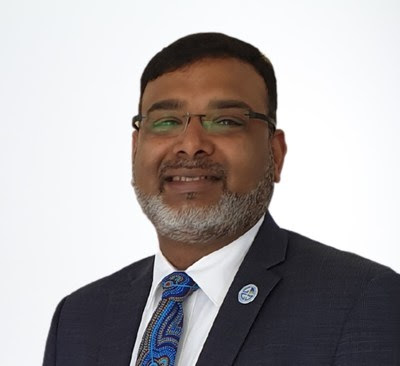Clientes da Crurated terão acesso especial às pequenas produções de vinhos da Lachaux que estão em alta demanda em todo o mundo
LONDRES, July 18, 2022 (GLOBE NEWSWIRE) — Charles Lachaux, o enólogo mais visionário de Borgonha, anunciou hoje uma parceria exclusiva com a comunidade de vinhos Crurated com base em blockchain. Sob os termos do acordo, os vinhos famosos e premiados de Lachaux, uma pequena produção de alta demanda em todo o mundo, serão vendidos exclusivamente para os associados da Crurated. Para mais detalhes sobre as ofertas e sobre a adesão à Crurated, visite www.Crurated.com.
Os associados terão acesso a ofertas especiais em várias fases durante o ano. A primeira oferta inclui uma caixa mista com seis vinhos:
- Bourgogne Aligoté, Les Champs d’Argent, 2021
- Bourgogne Rouge, La Croix Blanche, 2021
- Côte de Nuits Village, Aux Montagnes, 2021
- Aloxe-Corton premier cru, Les Valozières, 2021
- Aldeia Nuits Saint Georges, La Petite Charmotte, 2021
- Nuits Saint Georges premier cru, Aux Argillas, 2021
A partir de 25 de julho, os vinhos passarão a ser oferecidos aos associados da Crurated por meio de venda privada.
“A inovação na vinificação é fundamental para a produção e distribuição de uma garrafa de vinho excepcional”, disse Charles. “Há muitas décadas os vinhos têm sido distribuídos aos apreciadores de vinho mais exigentes sem atenção em como o processo pode ser melhorado. A Crurated simplifica o acesso aos vinhos raros e o uso da tecnologia blockchain e NFT proporciona aos compradores a autenticidade e a proveniência muito necessárias nesta indústria. Eles são o nosso parceiro ideal em uma nova era de vendas diretas de vinho ao consumidor.”
“A nossa equipe tem a sorte de trabalhar com os melhores vinhos e enólogos do mundo, e Charles Lachaux não é exceção”, disse Alfonso de Gaetano, Fundador da Crurated. “Nossa plataforma de tecnologia com base em blockchain, revolucionou a maneira como os vinhos raros são comprados e vendidos. Somos a primeira associação de comunidade de vinhos a oferecer total transparência e proteção do valor patrimonial. Este modelo está quebrando as quatro paredes das adegas.”
Cada garrafa terá uma NFT. Registrada para sempre na blockchain, a NFT irá confirmar a autenticidade da garrafa e fornecer outros detalhes importantes, incluindo histórico de propriedade, safra, localização da vinícola, varietal e outros detalhes importantes. As NFTs são facilmente acessíveis tocando em um telefone habilitado para NFC ou RFID. O histórico da garrafa também é atualizado por meio de uma nova blockchain sempre que o vinho é revendido e o token é transferido de um cliente para outro.
Embora os vinhos Charles Lachaux sejam vendidos diretamente com exclusividade aos consumidores na plataforma Crurated, as vendas B2B para restaurantes continuarão a ser realizadas pelos distribuidores.
Sobre Charles Lachaux
Charles Lachaux fez mudanças revolucionárias na viticultura quando na Arnoux-Lachaux, ampliando os limites da vinificação borgonhesa de hoje. Mencionado por Jancis Robinson como “uma nova estrela brilhante”, ele representa a nova geração. Em 2021, Charles foi escolhido “o melhor enólogo jovem do planeta” no Golden Vines Awards, realizado em Londres. Ele é um defensor do plantio de alta densidade, baixos rendimentos e trabalho intensivo em vinhedos, inclusive treinar suas videiras em longos “arcos” em vez de podar os brotos. Lachaux representa a 6ª geração a cuidar do patrimônio da família localizado em Vosne-Romanée (Côte-d’Or).
Sobre a Crurated
Lançada em 2021 com ênfase na França e na Itália, a Crurated é uma associação da comunidade vinícola criada para conectar conhecedores e produtores de todo o mundo. Uma equipe de especialistas oferece serviços personalizados e experiências autênticas, enquanto o serviço de logística contínuo da Crurated garante a qualidade e a proveniência, graças ao armazenamento seguro da adega e à inovadora tecnologia blockchain. Para mais informação sobre a Crurated, visite crurated.com.
Fotos deste comunicado podem ser encontradas no:
https://www.globenewswire.com/
https://www.globenewswire.com/
Contato: Michael Volpatt (415) 994-8864 michael@larkinvolpatt.com


